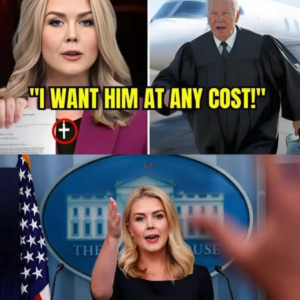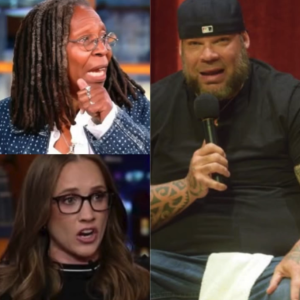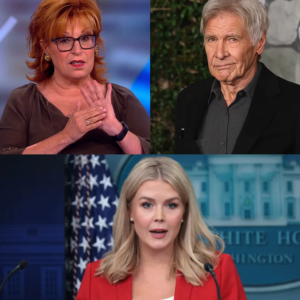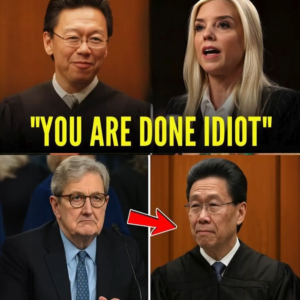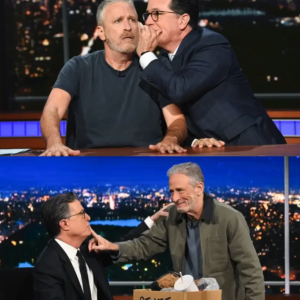What began as a corporate announcement quickly turned into one of the most powerful and defiant monologues late-night television has seen in decades. It was a moment that not only stunned audiences but also reshaped the way media talks about power and the lengths institutions will go to avoid controversy.
It all started on a Monday night that should have been routine. Instead of a typical comedy segment or witty satire, Jon Stewart, host of The Daily Show, delivered a blistering, profanity-laced 15-minute tirade. The target of his wrath? CBS, the very network responsible for canceling Stephen Colbert’s beloved late-night show, The Late Show with Stephen Colbert.
This was no ordinary rant. Stewart, known for his razor-sharp wit and political commentary, stepped into uncharted territory. He didn’t offer jokes; he brought fire. And in doing so, he exposed a chilling reality: CBS, under the ownership of Paramount Global, wasn’t just canceling a late-night program—it was capitulating to fear.
A Personal Betrayal
The tone of Stewart’s outburst was deeply personal. Colbert wasn’t just a colleague; he was a creative partner. Their careers had been intertwined for decades, with both men building the foundation of modern political satire on The Daily Show. Colbert had become a cultural force, and Stewart, as both a friend and a fan, watched with pride as Colbert’s late-night show not only survived but thrived in an increasingly competitive market. The abrupt cancellation of Colbert’s show, the number one-rated program in its time slot, was a painful blow to Stewart, one that he didn’t take lightly.
Stewart began his monologue, reflecting on the joy of watching Colbert exceed expectations, only to be struck by the deep betrayal of CBS’s decision. The official reason given by CBS for the cancellation was financial—an excuse Stewart immediately rejected. Why, he asked, would the network kill its top-rated late-night show after days of celebrating Colbert’s Emmy nomination and praising him as a “true legend of late-night”?
To Stewart, the financial argument didn’t hold water. Something else was at play. He pointed out that Colbert had publicly criticized CBS’s $16 million settlement with Donald Trump following a lawsuit filed by the former president over a 60 Minutes interview. The legal case had been widely dismissed as frivolous, but CBS, facing mounting corporate pressure, chose to settle.
Stewart quickly connected the dots, arguing that the decision to cancel Colbert’s show wasn’t about numbers; it was about avoiding potential political fallout. CBS was, in Stewart’s words, “choosing the path of least resistance.”
Corporate Cowardice and Fear of Political Retaliation
As Stewart’s monologue progressed, his tone shifted from personal grief to a diagnosis of cultural malaise. He wasn’t just criticizing CBS. He was addressing the pervasive fear that gripped all American institutions, from media companies to law firms, universities, and advertisers. Stewart argued that this fear had led to a climate of preemptive compliance—institutions bending to avoid political retaliation, staying silent rather than risking the wrath of powerful figures like Donald Trump.
In an unforgettable moment, Stewart compared these corporations and networks to an entity so bland and unremarkable that it would never again catch the attention of the so-called “boy king” — a reference to Trump. His words were a slap across the face of corporate media. “If you think,” Stewart said, “you can make yourselves so bland that you can serve a tasteless porridge that you’ll never again catch the attention of the boy king, why would anyone want to watch you? And you are f***ing wrong.”
This wasn’t just a joke; it was a cultural critique. Stewart wasn’t merely commenting on CBS; he was lamenting the larger trend in the media industry—where the pursuit of political and financial safety had replaced the pursuit of truth, art, and engagement.
The Death of Late-Night TV: A Symbol of Corporate Submission
As the monologue reached its crescendo, Stewart dismantled CBS’s excuse of financial struggles in the late-night television landscape. Yes, streaming had reshaped media consumption. Yes, younger audiences had moved away from traditional television. But, Stewart argued, none of these challenges justified silencing the one voice willing to speak plainly about the political and cultural issues of the day.
Drawing a comparison to the decline of Blockbuster, Stewart remarked that running a late-night network show today was like “running a Blockbuster kiosk inside a Tower Records.” The analogy was biting, funny, and, in Stewart’s view, spot-on. While acknowledging the economic realities, he was adamant that CBS’s decision to cancel Colbert’s show was about more than just numbers—it was about corporate anxiety and a desire to avoid confrontation at all costs.
Stewart didn’t mince words. The very voices that had given CBS its cultural relevance—voices like Colbert’s—had now become liabilities in the eyes of the boardroom. By silencing those voices, Stewart argued, CBS was losing its soul.
The Aftermath: Solidarity Among Late-Night Hosts
Stewart didn’t stand alone in his criticism. Within hours of his monologue, late-night hosts across the spectrum voiced their shock and support for Colbert. Jimmy Kimmel, visibly furious, posted a direct message: “Love you, Stephen. F**k you, CBS.” Jimmy Fallon, stunned, expressed his disbelief: “I’m just as shocked as everyone else.” Seth Meyers offered his own brief but pointed reflection: “I’m going to miss having him on TV every night.” Even John Oliver, sharp and concise, tweeted: “Terrible news for the world.”
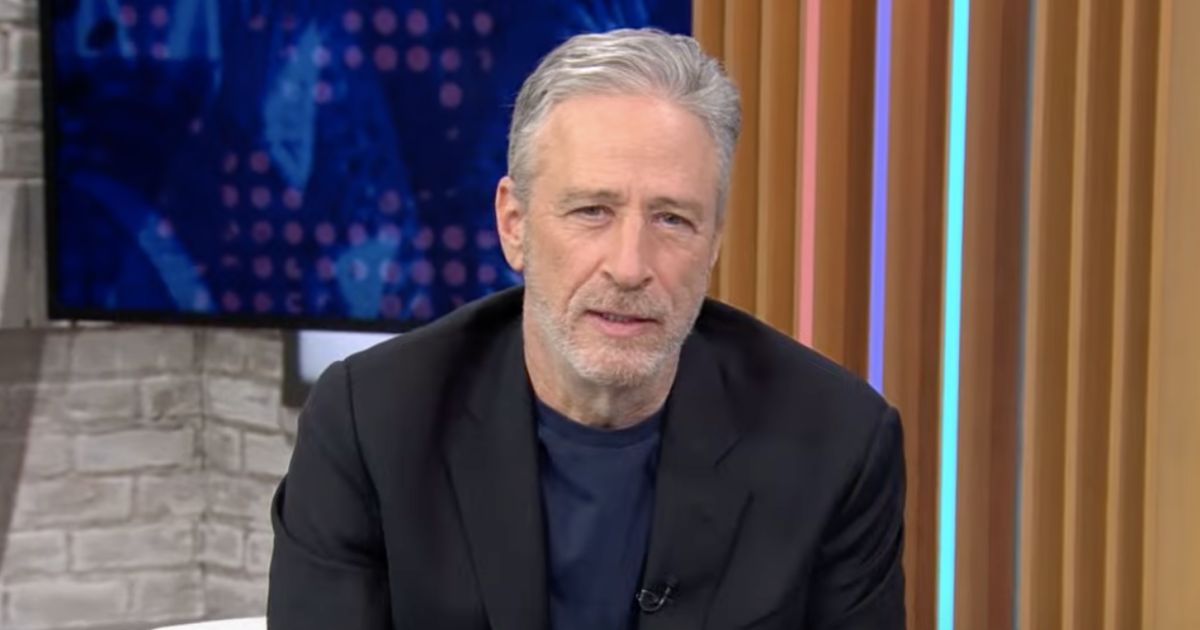
But this wasn’t just about Colbert—it was about the broader implications of the cancellation. If CBS could cancel the most successful host on television, a man at the top of his game, to appease political or financial interests, then no one was safe. What did it say about the state of the entertainment industry when corporate interests could so easily silence the voices that mattered most?
A Cultural Reckoning: The End of Silence
As Stewart’s monologue ended, it became clear that this wasn’t merely a defense of Colbert—it was a defense of storytelling itself. Of truth-telling. Of having a voice in a system that preferred you keep it down. Stewart emphasized that corporations don’t grow by shrinking. They don’t evolve by erasing their best parts. And they don’t honor their audiences by pretending bland is brave.
What made Stewart’s monologue so powerful wasn’t just the content—it was the authenticity. There was no performance, no rehearsed bits, no punchlines. Stewart was raw, bleeding with sincerity, and unapologetically defiant.
In the end, Stewart’s rant became more than just a critique of CBS or Colbert’s cancellation—it became a cultural call to arms. It was a reminder that, in a world driven by fear and profit, authenticity still matters. That one voice, unfiltered and unwilling to back down, can still rattle the walls of institutions built on compliance. And that sometimes, the loudest act of resistance is refusing to stay quiet when everyone else has decided silence is safe.
Jon Stewart’s words, unrestrained and unapologetic, reverberated through the entertainment world and beyond, challenging the very institutions that shape our culture to reconsider what they stand for.


